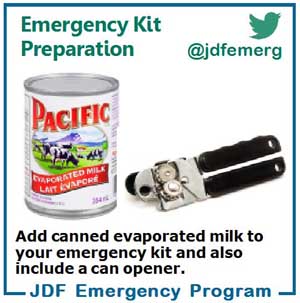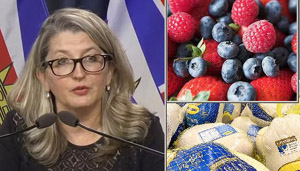
Tuesday November 30, 2021 | VICTORIA, BC
by Mary P Brooke, B.Sc., Editor | Island Social Trends
As a result of the flooding BC’s prime agricultural region of the Fraser Valley, people’s interest in what the province is doing in agriculture has perked up.
Last week Agriculture, Food and Fisheries Minister Lana Popham listed off the types of food crops and harvests that had been damaged or destroyed by the floods, including: blueberries, raspberries, cauliflower, cabbage, carrots, brussel sprouts and leeks. She was particularly careful about itemizing the loss of livestock.
Flood-impact in retail stores:
People are seeing the impacts at grocery stores. Supply is variably impacted. Some types of foods are slow to come in from other sources. In some cases the usual order volumes have been insufficient for the run on stores, or trucks have taken longer to reach warehouses and stores due to highway disruptions, and rebalancing order volumes with usual suppliers in California and Mexico to supplement what won’t be coming from BC harvests will take time.
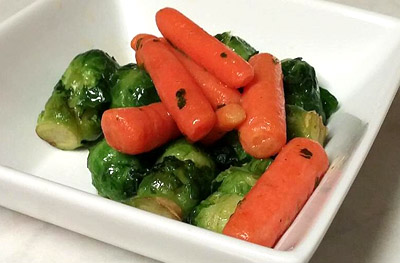
Even the retail Christmas tree market is impacted, as many tree farm areas in the Fraser Valley were literally swamped.
Creating resiliency:
“Our work to create a resilient food system in British Columbia will continue despite this year’s wildfires, global health pandemic and now floods,” says Minister Popham.
“We’re asking British Columbians to continue supporting local farmers and producers more than ever, and the more people who are involved in our food security and farming, whether that be as a large scale commercial venture, a new business or a patio or backyard garden, the better,” she replied to Island Social Trends in a statement on Friday.
Times like this reinforce the value of growing one’s own summer-garden food and freezing it for fall and winter use. When you can grab some frozen veggies or sauces from your own harvested supply it also might mean saving one more trip to the grocery store and thereby also saving vehicle fuel.
Stable supply chain:
Overall, the food supply chain in BC remains in good shape as independent retailers and distributors are working closely together to keep product moving and supply food to communities across BC, the ministry said in a statement on November 26.
For example, Save On Foods and Buy Low Foods have worked with the Province on emergency food distribution to impacted communities. They quickly adjusted distribution networks in Edmonton and Calgary to supply food to smaller communities in the north and interior of BC.
“The supply chain is stable, and we urge people to think of their neighbours and not to panic buy or stockpile groceries or household items,” the Ministry has stated.
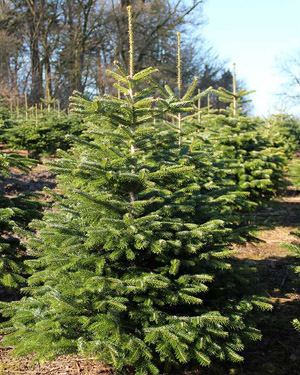
Island Social Trends has learned that some grocery chains, such as Quality Foods, have their own well-stocked warehouses here on Vancouver Island which has, for the most part, allowed them to smooth out most of any sudden depletions due to rush-buying.
Milk supply here on Vancouver Island is not much impacted by the mainland flooding of dairy farms. There is good supply on the island here, say grocers. Other products made from milk — such as yogurt and cottage cheese — might show some thinning shelf supply for a while before supply chains catch up.
Compassion and support for farmers:
“My heart goes out to everyone affected by the flooding right now, including the many farmers impacted. This is an emotional time for farmers and it’s so heartwarming to see their resilience and how they banded together to get animals to safety and protect their farms,” says Popham.
In at least three media sessions last week, Popham has asked for continued compassion for the farmers, hoping the media will not dwell on the numbers of livestock losses.
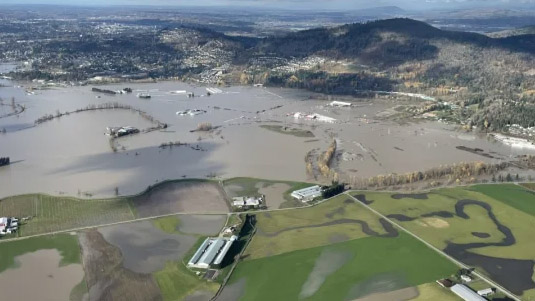
“When we Buy BC, we are choosing a sustainably and responsibly produced product, and choosing to support the local value chain, from producer and abattoir, to retailer and restaurant.”
People may notice that the supply of turkeys for the Christmas season might be lower than needed this year, due to the flooding. But that will also be due to some suppliers intentionally cutting back on turkey volumes to the stores this year, given that COVID has continued (noting that last year people didn’t buy as many turkeys or the larger turkeys, due to small-gathering dinners during COVID).
Maintaining local supply chains:
The Agriculture, Food and Fisheries ministry if working closely with a cross-agency team engaged in the larger provincial and national response and are in constant communication with our federal counterparts to assess the dynamic situation and impact to the local supply chain here in BC.
Keeping the supply chain open and goods moving is a top priority so that people can continue to buy food and essential goods in areas with flooding and damaged roads.
Farmers and the agricultural sector are considered essential as part of the province’s emergency orders. As such, there are no travel restrictions on movement of food and supplies and no restrictions on gasoline.
Non-essential vehicles are subject to a 30-litre limit at retail pumps, so that gasoline supply is reliably available for essential, emergency and commercial vehicles; that provincial order is presently in place to December 14, 2021.
Berries and veggies:
“As the waters recede, we’ll be able to assess the losses that the berry and vegetable growers have suffered, and help them recover and to return to production,” the Ministry said in a statement. The BC government says it is working the Government of Canada to secure emergency funding to support that recovery.
“Some of the crops, like blueberries, require longer to reach full production than others, so there could be some reduction in crop sizes as they recover,” the Ministry has stated. That sounds like a year or two for catching up.
Disaster relief:
After the flood impacts were seen, the BC government announced Disaster Financial Assistance (DFA) being available for eligible British Columbians in southwest, central and southeast areas of the province and Vancouver Island who were affected by flooding and landslides.
Applications for the DFA event must be submitted to Emergency Management BC (EMBC) by February 12, 2022.
===== RELATED:
Trudeau meets with Premier Horgan after visiting flood-damaged agricultural area (November 26, 2021)
Produce supply impacted by floods in BC southwest, livestock lost (November 25, 2021)
Nov 20: BC emergency update on flood-impacted areas (November 20, 2021)
Flood-recovery financial assistance: residents, business, local govt, Indigenous communities, farmers & charitable organizations (November 18, 2021)
State of Emergency declared to deal with storm flood recovery (November 17, 2021)
Elxn44 ESS candidates: food sustainability on Vancouver Island (September 12, 2021)
Food Day BC: an opportunity to promote home-grown produce (July 31, 2021)



